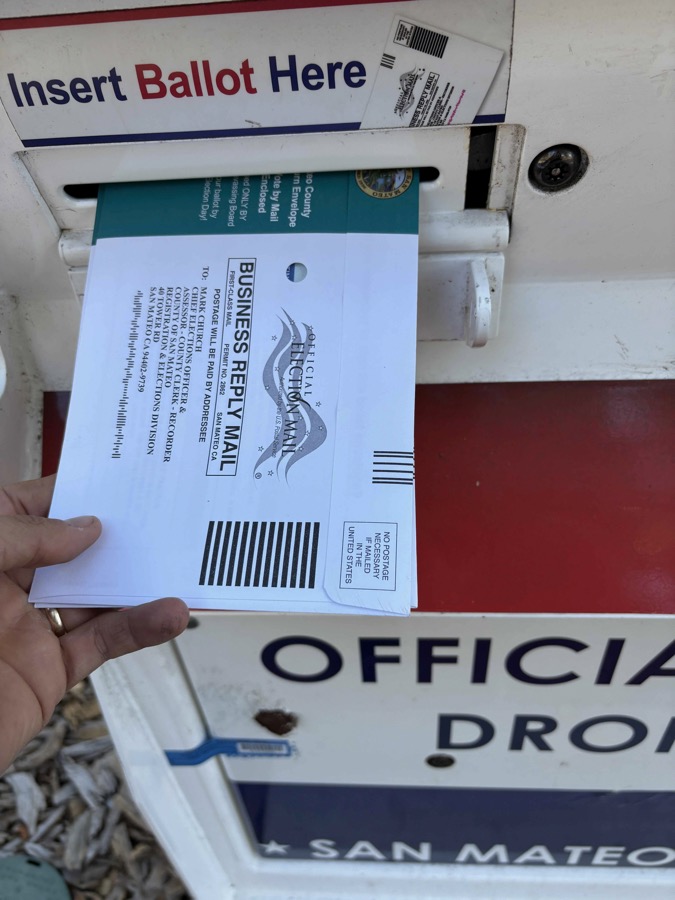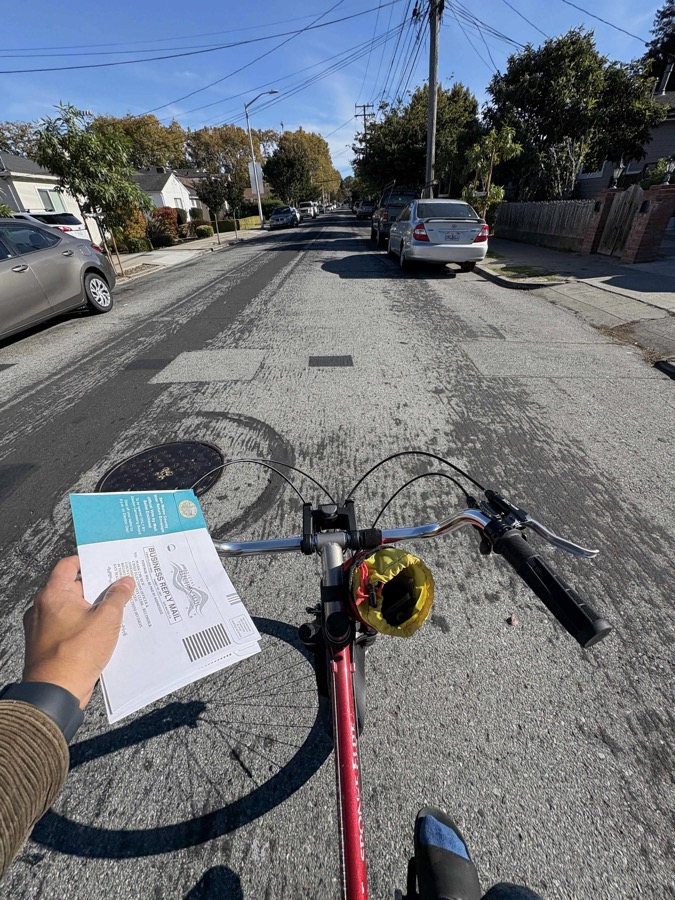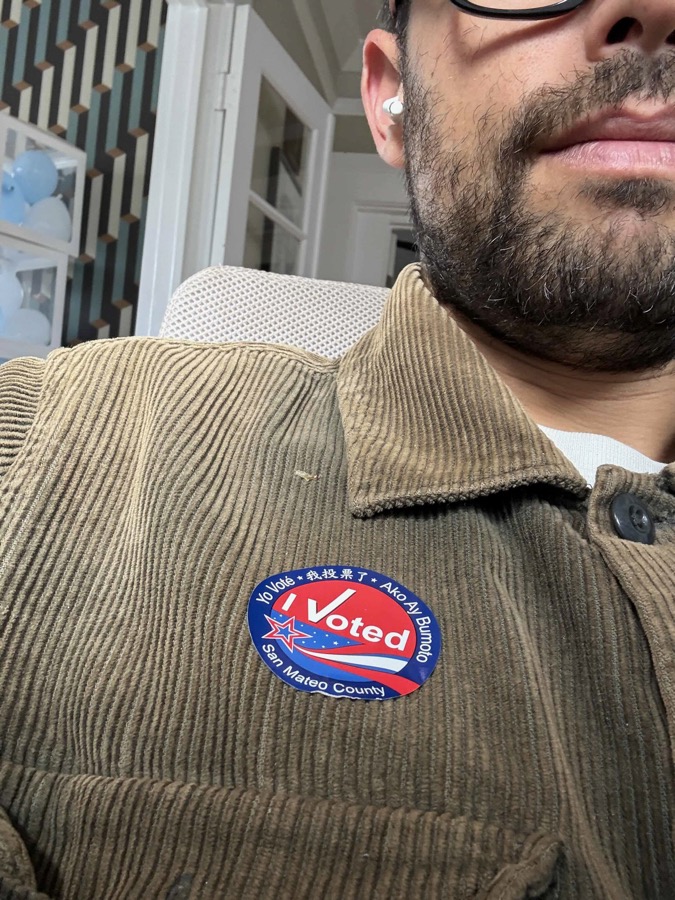The Voter Who Can’t Drive
There’s a selection bias baked into American democracy, bias that most of us never stop to consider.
It’s not just about who wants to vote, but who can get to the ballot box.

Our car-dependent landscape means that the people least able to drive (the poor, the young, the elderly, the disabled) are systematically less likely to have their voices counted.
A fascinating paper, “Driving turnout: the effect of car ownership on electoral participation (PDF),” found that owning a car significantly increases the likelihood of voting. When the act of civic participation depends on vehicle access, democracy itself starts to warp around the need to buy and own a motor vehicle.
Unfortunately, the inverse is also true:
“Car access creates the largest hindrance to voting for those people who live farther from the polls.”
The good news is that:
“These effects do not appear for absentee voting, suggesting a simple policy solution to solve large disparities in political participation.”
However several American states like Texas and Georgia have politicians who are focused on suppressing voter participation by making mail-in voting more difficult or prohibited, aided by the federal Department of Justice.
This has the obvious effect of biasing the electorate towards individuals and households that can afford to own a car and are able to drive a car.
It also effectively disenfranchises Americans’ belief in the power of their vote.
In case you were wondering where I stand on this: this is bad.
I would argue that it is even evil in intent.
The effects of car-dependent voting is:
- more preventable vehicular traffic violence,
- worse public health outcomes, and
- another generation of poorer Americans having to buy cars to participate in our shared political process
Effectively, it is “one car, one vote”.
I make a small annual ritual of taking my ballot by walking, biking, or public transit to the local dropbox every election.

It’s a reminder to my neighbors and candidates that the freedom to vote (and freedom to move) shouldn’t depend on a car key.

Enjoyed this post? Get new posts via email